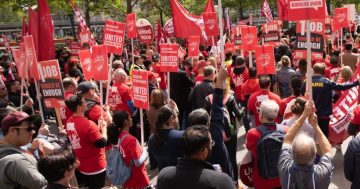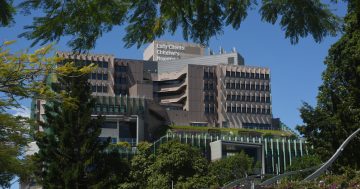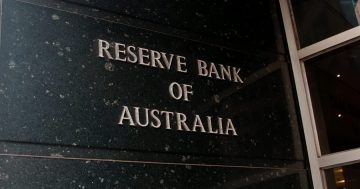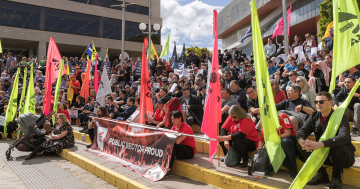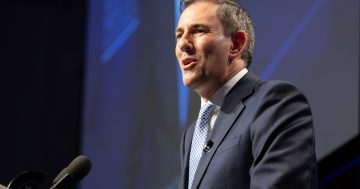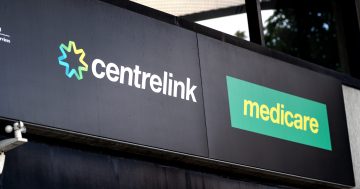 Zimbabwe’s Government is battling frantically to avert yet another walk-out of public sector workers as fuel and food prices soar in the midst of a deepening economic crisis.
Zimbabwe’s Government is battling frantically to avert yet another walk-out of public sector workers as fuel and food prices soar in the midst of a deepening economic crisis.
Government workers, including teachers and those from the public health sector, have given notice to strike on 19 July.
The Public Service Association, the Federation of Zimbabwe Educators Union and the Nurses Federation of Zimbabwe advised the Ministry of Labour, Public Service and Social Welfare that they would wait no longer for a meaningful cost-of-living adjustment.
High food and fuel prices have driven up Zimbabwe’s yearly inflation rate to about 200 per cent.
The Central Bank has responded by hiking interest rates from 80 to 200 per cent, viewed by some economists as inadequate to deal with the worsening situation.
Economist, Brains Muchemwa (pictured) said the Zimbabwean Central Bank was running the loosest monetary policy in the world, serving only the interests of a few big corporates and impoverishing ordinary people.
There is also mounting anger over what is seen as a crackdown on public sector unions following the arrest of a leader of rural Zimbabwean teachers.
Leader of the Zimbabwe Congress of Trade Unions, Japhet Moyo said the Government was more concerned with arresting trade union leaders “while the cost of living rockets and the parallel market exchange rate reaches record highs, impoverishing thousands of workers whose salaries have remained very low”.
According to the World Bank, growth in sub-Saharan Africa was expected to stall in 2022, dropping from four to 3.6 per cent.
Harare, 12 July 2022


